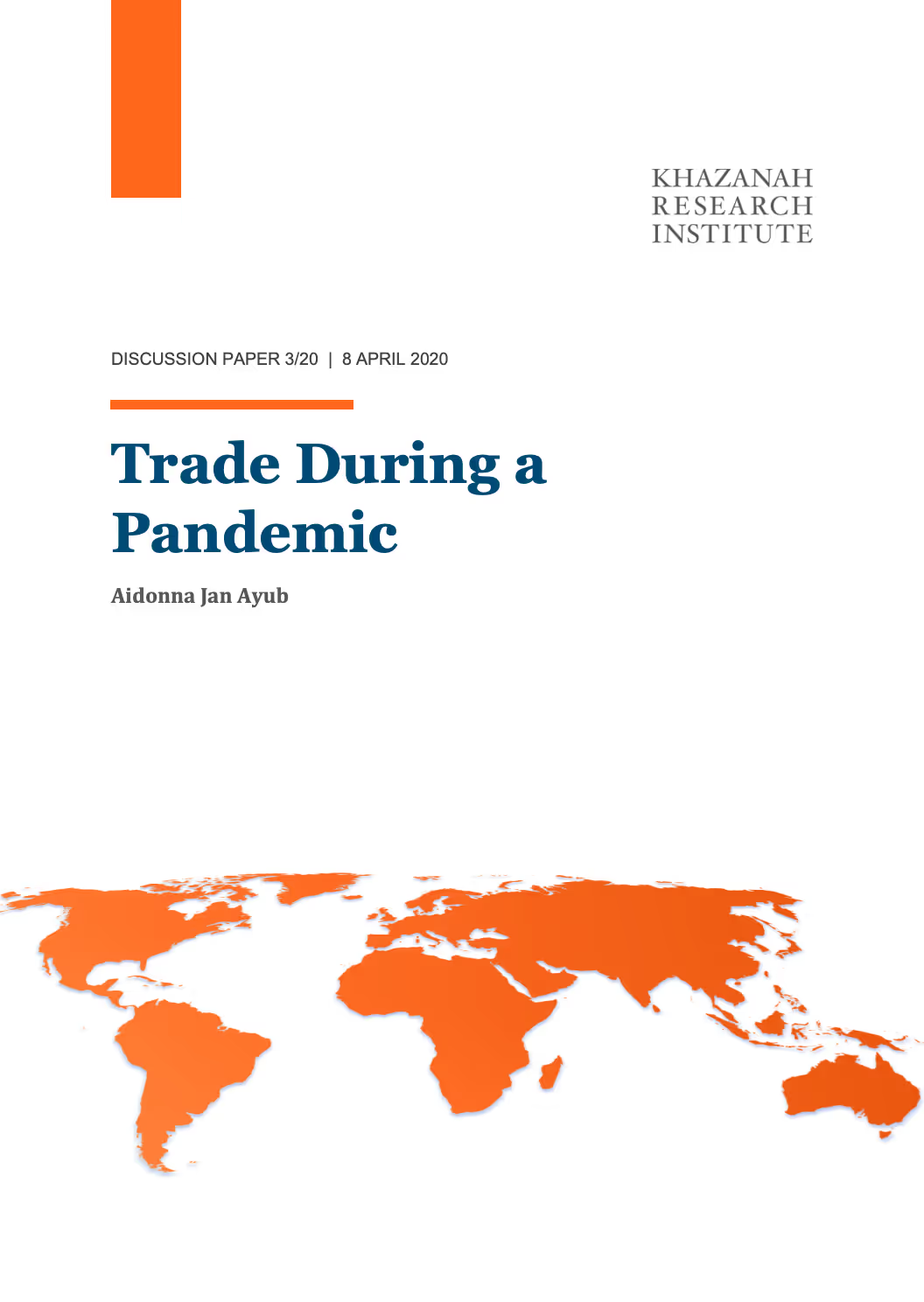
- In 2018, Malaysia imported approximately USD2.4bn (RM9.5bn) of Covid-19 medical supplies. This paper highlights three areas where greater alignment can be made between trade and public health policy, as listed below. - Reassess the need for tariffs and excise duties on medical supplies. Malaysia has the good practice of not imposing tariffs on most of the Covid-19 medical supplies. Nevertheless, there are five specific product categories where Malaysia does apply most favoured nation (MFN) tariff rates. However, in three of these products, preferential tariff rates are at 0% as for example in ASEAN. Malaysia also imposes excise duties on two product categories. Given that ASEAN and other importers already enjoy 0% tariffs, the cost of temporarily waiving tariffs on medical products may not be overly burdensome on government revenues. There is also a need to review Malaysia’s immediate needs on raw materials for the domestic production of medical supplies. Worldwide, some countries have taken proactive steps to unilaterally, temporarily suspend specific tariff and non-tariff measures. - Review Malaysia’s non-tariff measures (NTMs) on medical supplies. NTMs may have important restrictive and/or distortionary effects on trade. Prior to the Covid-19 pandemic, Malaysia had NTMs for the importation of 23 product categories on the medical supplies list. This calculation of NTMs exclude measures imposed for health and safety purposes. Therefore, a careful review of these NTMs could reveal measures that can be suspended during this pandemic – thus improving the import and export of medical supplies. - Monitor and engage with Malaysia’s trading partners. In March 2020, at least 33 out of 46 export curbs were announced by 54 governments in total.[1] This is an indication of the speed in which countries are imposing export restrictions. Malaysia is currently most affected by India’s export restrictions on medical supplies, followed by Indonesia, Switzerland and the European Union (EU). Therefore, Malaysian businesses and the governent will need to be vigilant of these developments and quickly adjust to potential shortfalls in import items. This is particularly important for medical supplies that are not produced domestically.














